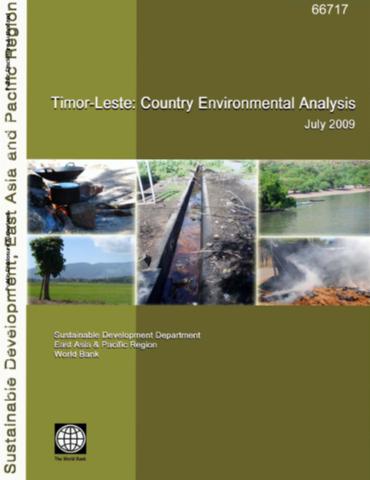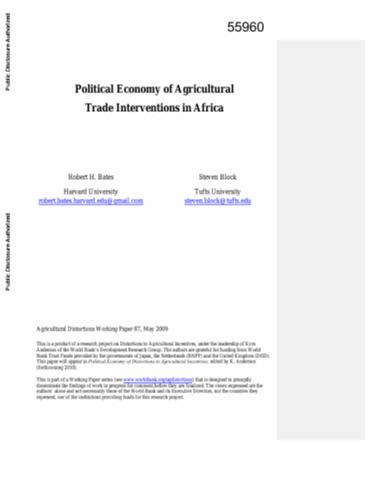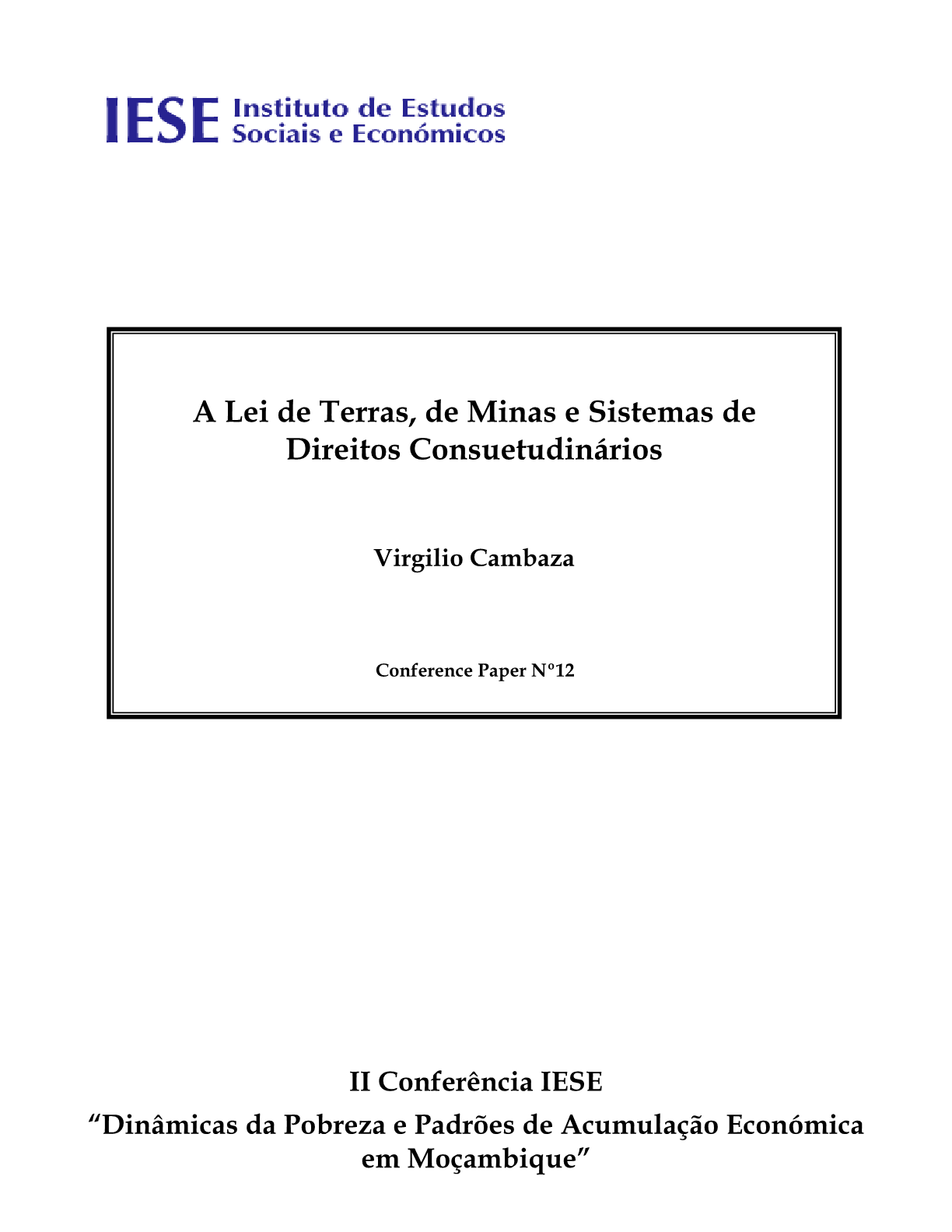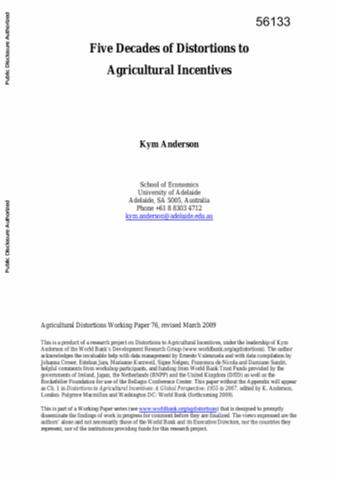FEMACT Loliondo Findings
Over the Last three months, acts of unconceivable evil were perpetrated through an eviction operation against indigenous pastoralists in Loliondo. Loliondo is one of the three Divisions of the Ngorongoro District situated in the Arusha Region in Northern Tanzania. The Ngorongoro District Covers an area of about 14037 square Kilometres. Stretching across some 8,300 sq km, is the Ngorongoro Conservation Area, established in 1959 and governed by the Ngorongoro Conservation Area Authority, and the rest is the Loliondo Game Control Area consisting of the Sale and Loliondo Divisions.










